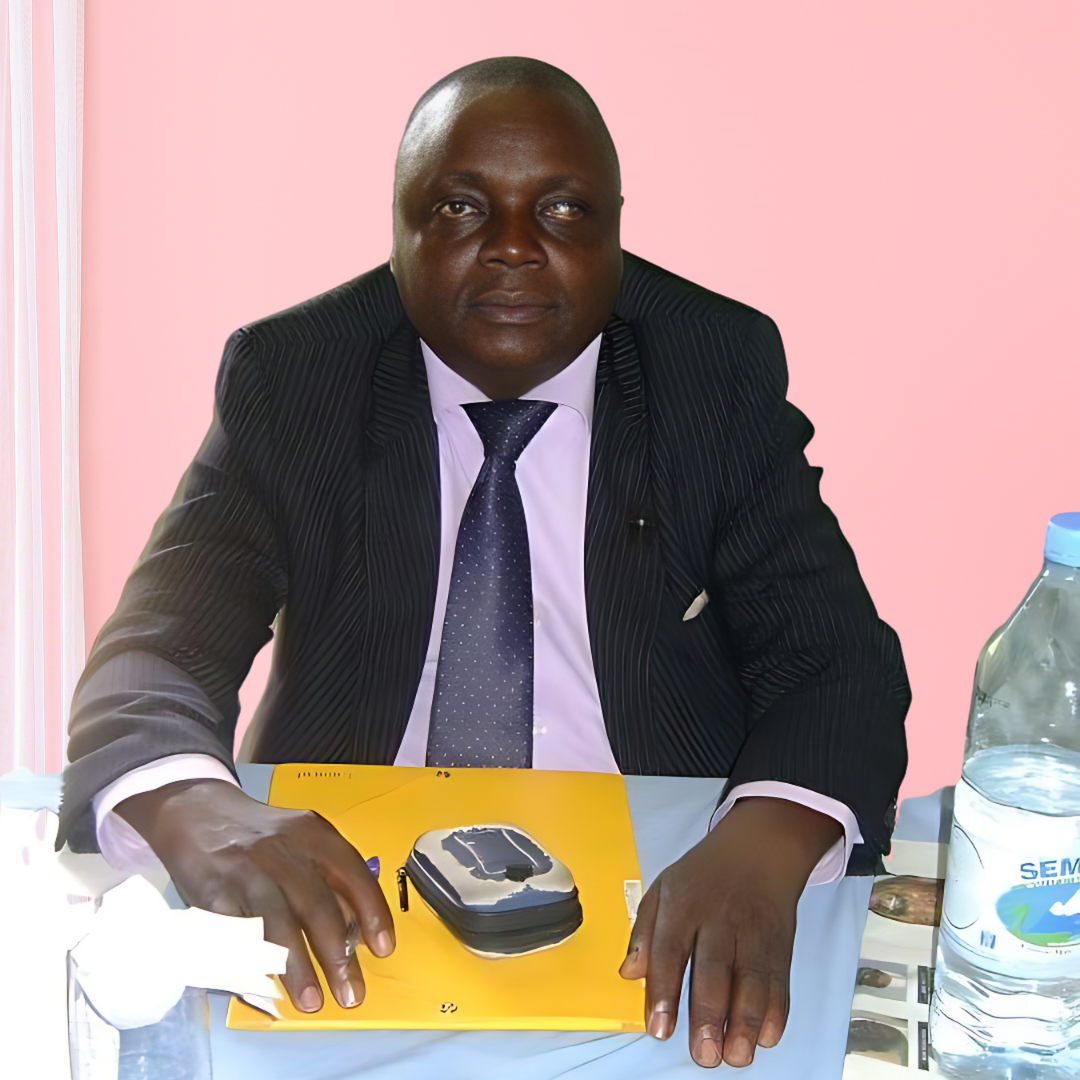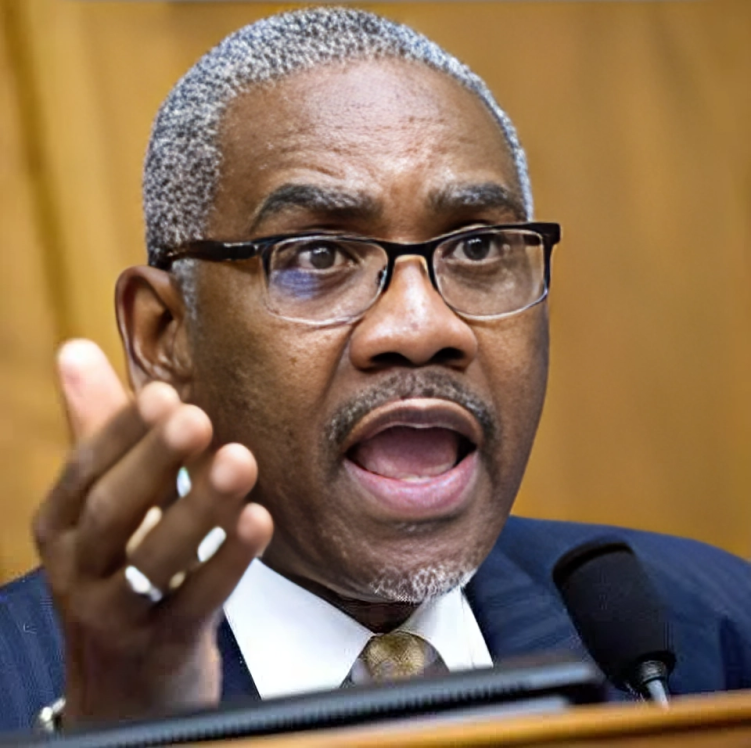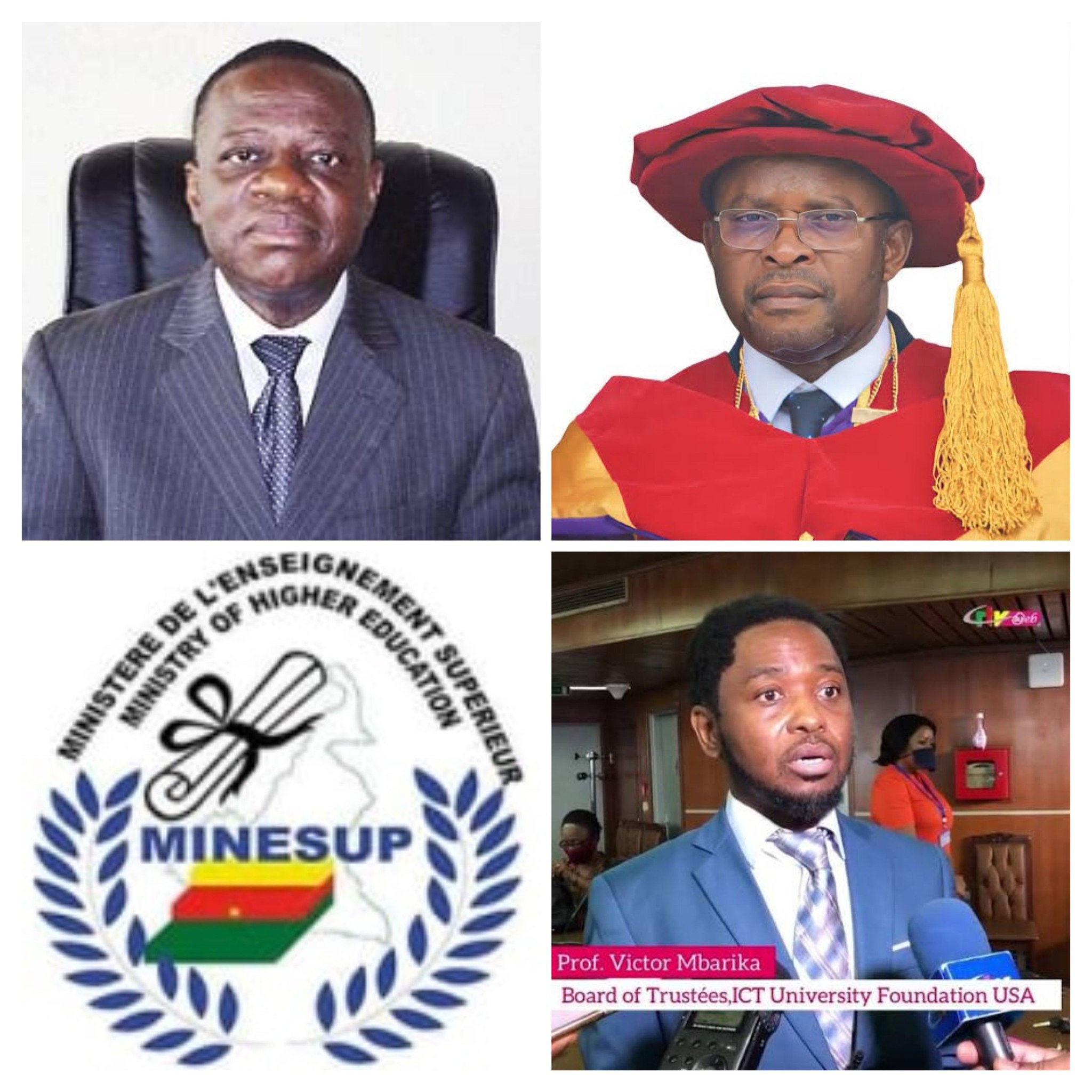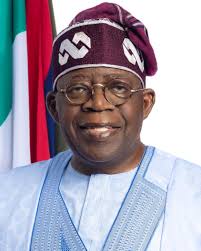As Cameroon remains on edge, awaiting official presidential election results, concern is mounting in Washington.
Congressman Gregory Meeks, Ranking Member of the U.S. House Foreign Affairs Committee, warned on X (formerly Twitter) that he is “concerned about reports of internet blockages and crackdowns against protesters as Cameroon awaits official election results.”
He added, “It is critical that the election outcome is transparent and reflects the will of the people.”
The remarks follow an earlier statement from Congressman Jonathan Jackson , who urged Cameroonian authorities to ensure “full transparency and accountability in accordance with Cameroon’s electoral code.”
Jackson also expressed alarm over “limited political freedoms, restrictions on civil society and the media, voter disenfranchisement in conflict-affected regions, and other irregularities that could undermine confidence in the process.”
Arrests and Mounting Tensions
Inside Cameroon, tensions continue to build. Security forces have reportedly arrested several prominent opposition figures and activists linked to the Union for Change, including Anicet Ekane, leader of the MANIDEM party, and veteran political reformer Djeukam Tchameni. The arrests followed spontaneous demonstrations in Douala, Yaoundé, and Maroua, where opposition supporters protested alleged vote manipulation and delays in the announcement of results.
At the center of the dispute is Issa Tchiroma Bakary, a seasoned political figure who—though now positioned as an opposition leader—served for more than two decades as a cabinet minister under President Paul Biya before resigning just months ahead of the polls to challenge his former boss. Tchiroma has claimed that his Union for Change coalition achieved a “clear victory,” citing early returns from the northern regions, a declaration that has drawn both enthusiasm and scepticism across the political spectrum.
The Electoral Commission (ELECAM) has yet to release official results, while the Constitutional Council is expected to announce the final certified outcome on Monday. The ruling party has urged calm and warned against “self-proclaimed results” as international observers appeal for restraint.
Internet Disruptions and International Concern
Civil society organizations continue to report widespread internet disruptions and restricted access to social media platforms since midweek, limiting the ability of journalists and citizens to share updates. Advocacy groups, including Internet Without Borders, condemned the blackout as an “assault on transparency” at a critical political moment.
Observation missions from the African Union (AU) and the Economic Community of Central African States (ECCAS) have both called for calm and strict adherence to constitutional procedures. Rights groups are urging the Cameroonian government to uphold freedom of expression and assembly amid fears of a broader crackdown.
A Silent Presidency and an Uncertain Future
So far, President Paul Biya—officially in his 90s and one of the world’s longest-serving leaders after more than four decades in power—has made no public statement since the polls closed. Known for his rare public appearances and tightly controlled communication, Biya’s silence is fueling speculation about internal divisions and the succession question within his ruling Cameroon People’s Democratic Movement (CPDM).
Analysts warn that after decades of centralized power, economic strain, and unresolved regional conflicts, this election may represent a critical juncture for the country.
As one observer in Douala told Pan African Visions, “Cameroon has reached a point where the credibility of the system itself is on the line. The people have waited too long for accountability.”
U.S. Lawmakers Raise Alarm as Cameroon Awaits Disputed Election Results





